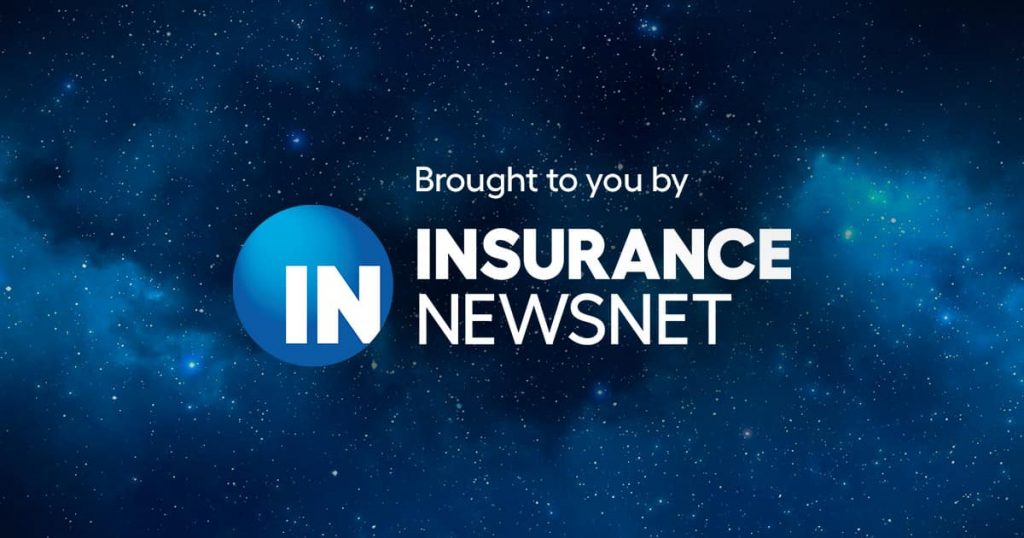On Consumerism: Car And Home Insurance: Understand Your Options – InsuranceNewsNet – Insurance News Net

As a young man long ago I realized one day I was spending $1,000 a year on collision insurance for my car even though my car was no longer even worth $1,000. So I dropped collision coverage. And never regretted it.
The last car loan I took out was in 2002. After the car was paid off in 2005, I dropped collision and comprehensive coverage. And never regretted it.
That 2002 car lasted into 2018. So for the final 13 years of its life I made zero car payments and paid minimal insurance.
A long-ago friend named Gus owned a car but never drove it. He lived in a huge apartment building in Queens (part of New York City) that did not provide parking. Driving the car would mean losing the spot on the street where Gus’s car was parked. It might take hours to find another available spot (that’s how densely populated the area is). So Gus never used his car. Like most of the locals, he got around via subway.
Why did he own the never-used car? Well, he inherited it from his father, and perhaps that sentimental value led Gus to keep it.
One day I asked Gus if he had dropped collision coverage from the policy on his never-used car. Nope, he hadn’t.
Eventually, Gus donated that car to charity and received a tax break. The car had to be towed away, for it no longer functioned. Yet it was fully insured to Gus’s final day of ownership.
My father preferred leasing cars. After three years he would return the car and lease another. That way, he explained, he was always driving a new car.
To each his own. We all have our preferences. But we should at least be aware of our options.
Car insurance comes with many options. The owner decides which options to select. If you lease, the owner is the leasing company. If you borrow to buy, the owner is the company financing your loan.
Whether you lease or buy, the lender can repossess the vehicle if you fail to keep up the payments. That’s because until a car is paid off, you don’t fully own it.
But once the title is yours, you are no longer required to insure your car against collision damage. Or against theft. Or against what is called “comprehensive” damage, such as broken windshields. It is now your decision.
Do you own a car outright? Then you are not required to insure it for collision or comprehensive coverage. If it is new enough or valuable enough, you might be smart to insure it. But it remains your option.
My car insurance bill arrived last week. I forgo collision coverage and comprehensive coverage. (If I didn’t have a garage, I might insure it differently.) The bill comes to $93 for a six-month period. Which means less than $16 a month.
What is the car insured against? Against damage to other people and their vehicles or other property. Such insurance gives me peace of mind.
If I had wanted, I could avoid even that $16 a month by canceling the insurance. I’d rather not. Still, it is an option in New Hampshire for the owner not to insure a car that is fully paid off.
The drawback is, without insurance, legally you would not be allowed to drive into any neighboring state, for they all require insurance. So unless you are willing to keep your car always in New Hampshire, you better insure it.
House loans are merely car loans on a bigger scale.
When you apply for a mortgage on a house, what is your collateral for the loan? Usually, the house itself.
That is why mortgages, as a rule, require you to take out home insurance. An insured home is far more valuable to a lender than an uninsured home. If you stop paying your mortgage, the lender will ultimately have the right to evict all residents and sell the
home. But if, for example, it has burned to the ground, then the lender ends up with nothing of value to sell.
Hence home insurance has become a requirement for a mortgage.
Some folks mistakenly think home insurance is mandatory. It is not.
Yes, it is required as an element of your mortgage. But suppose there is no mortgage, or the mortgage has been paid off. In that case, homeowners are not required by law to insure their homes. Owners have the option of reducing or dropping their home insurance.
I have yet to meet a homeowner willing to risk going without home insurance, but it remains an option. A smart consumer is aware of all options.
The goal of insurance should be to give the purchaser peace of mind. And to honor one’s loan contract.
Buy enough insurance to do so. Anything more is strictly optional.
Arthur Vidro is one of the Eagle Times’ recurring financial columnists.




